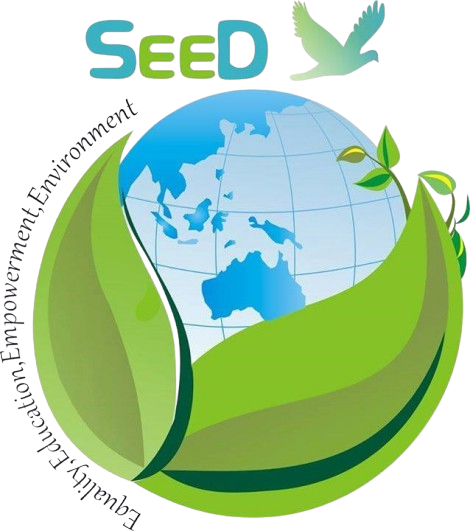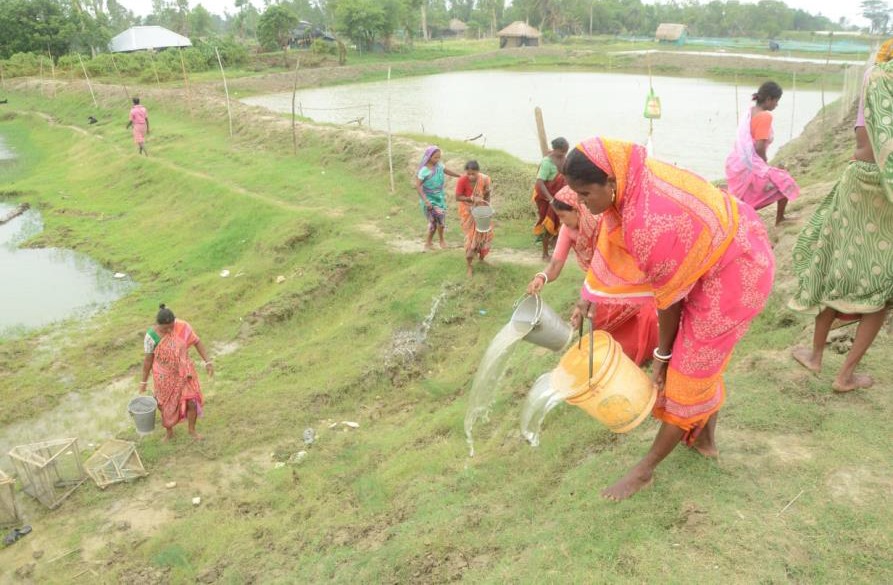






As part of the ICZM initiative supported by the World Bank, SEED implemented a large-scale water access intervention in the coastal villages of Sagar Island. The project involved the installation of 58 deep tubewells, each reaching a depth of 370 meters, ensuring safe and potable water supply in areas suffering from saline groundwater. These tubewells were constructed on 2.5-meter-high raised platforms to prevent contamination and clogging during floods and cyclones. Simultaneously, 70 traditional ponds were scientifically mapped with community participation and underwent desilting and embankment strengthening to prevent saline intrusion and enhance water retention. This two-pronged approach ensured water security for 18,000 people for both potable and irrigation use.



Subscribe to the SEED Newsletter — and be part of the change!